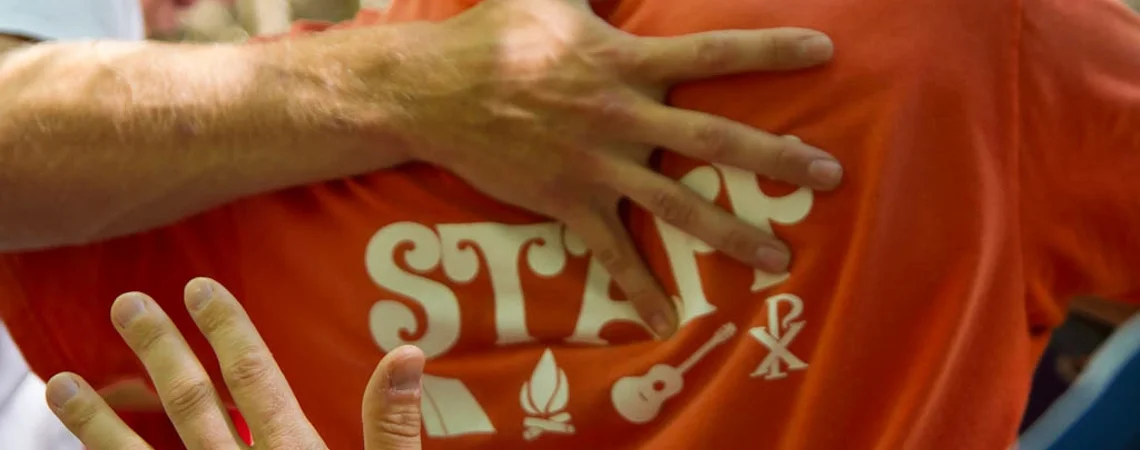Let me start by saying I can’t believe it has been about 3 weeks since my last post! Things have been busy! I have you, the readers to thank for a lot of that! My book The Cabin Path: Leadership Lessons Learned At Camp launched on April 7th and the support has been exceptional! Thanks to those who have already purchased their copy. Now for my blog post…
Camper: Can I go to the waterfront at freetime?
You: Yes.
Camper: Can Sebastien and I grab a drink from the water fountain?
You: Yes.
Staff: Can you please cover my free-time patrol at ropes?
You: Yes.
Staff: Can you be a costumed character in our program tomorrow night? We’ve already picked the costume.
You: Yes.
As young leaders, camp staff members, and team players, we are accustomed to saying YES. As employees of camps or of companies we also want to look good in front of our bosses, and to do this, we often put our answers to questions on autopilot when asked and answer YES.
How far do you go? How long will it take to burn out if you’re known as the go to person (for everything) in your organization? If you say yes, does that mean you’re good? Reliable? Eager? Yes.
If you say no, does it mean that you are lazy, not-committed, not achievement oriented, and possess a general lack of care for your job? NO!
Learning to say no is one of the most powerful leadership tools you can use. While studying during my MBA, we did a case on Oprah Winfrey, who said that she finally felt in control of her life as a leader when she started saying no to people. Inherently, we think saying yes is the right thing to do, but it comes at a cost. Here’s an article from Oprah’s site you might like: Why Saying No Is Saying Yes To Yourself.
As leaders, we have to be able to manage our own commitments and at camp the reality is no different (look at the program board in the picture – it’s filled with things “to-do”!). We have our cabin groups to take care of, our daytime programming to plan, our evening programs, our overnights/canoe trips, our free-time patrols, etc. So, when you’re asked to help out with one more task, how do you respond, yes or no?
Even further, how do you gracefully deliver the message if it’s a no to ensure that the asker doesn’t think you’re just being lazy?
When packing for trips, I always saw seven flashlights and seven tubes of toothpaste going into my campers’ packs. I had to learn to set their expectations by saying no to some of the items they wanted to pack. The canoe trip is a trip of shared resources. Plus, with already heavy packs, we didn’t need any extra weight.
So what’s the takeaway here? We can be super heroes to our campers, but not to everybody. Be careful about taking on too much and over extending yourself. Don’t be afraid to say no and back yourself up!


